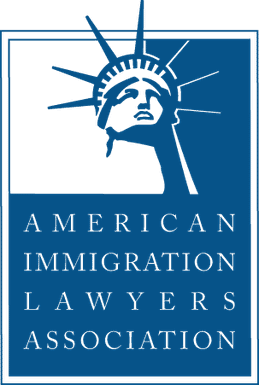The SCOTUS Ruling
On December 4, 2017, the Supreme Court of the United States (SCOTUS) ruled on the Trump Administration’s third version of its travel ban (also known as the “September Proclamation”). SCOTUS allowed the ban to go into effect even as organizations such as the ACLU continue to mount legal challenges against it. It did so by staying the orders of lower courts that prohibited the implementation of the ban. The SCOTUS ruling therefore permits the ban to take place, but does not take a position on the legality of the ban. The issue of legality will have to be fought out in the federal appeals courts, specifically the 9th Circuit Court and the 4th Circuit Court.
Who Is Affected As Of 12.4.17
As it stands, this means that individuals from six predominantly Muslim countries and from North Korea and Venezuela would face restrictions on entering the United States. The six Muslim countries are Iran, Yemen, Libya, Somalia, Syria and Chad. Restrictions vary based on the country of origin. Some are permitted the exchange of students (e.g. Iran) and others can visit but cannot emigrate (e.g. Somalia). With this ruling, SCOTUS has changed its stance in an earlier decision that permitted persons from the countries to listed to enter and remain in the US if they had a relationship with a person or organization situated here.
Exceptions
If you’re from one of the countries on which the travel ban is imposed, but have legal status (work visa, green card, citizenship), traveling in and out of the country should not be a problem. Green card holders, in particular, have due process rights that the Customs and Border Patrol do not have the right to revoke (a person may only be stripped of the status as a Lawful Permanent Resident by an immigration judge). Neither should an on-going application for permanent residency (green card) be interrupted, suspended or interfered with based on the travel ban alone. If, however, you are uncertain about your status, talk to an immigration lawyer.
The ban can be expected to be in a state of flux, pending decisions on its legality in the Circuit Courts, and the talking to an attorney sooner than later about alternative solutions can make a real difference to your situation.
. . . . .





